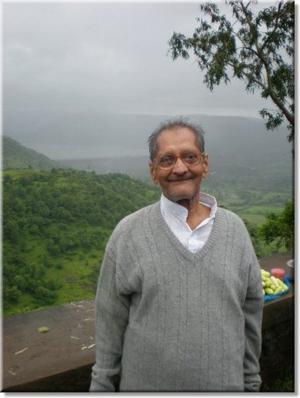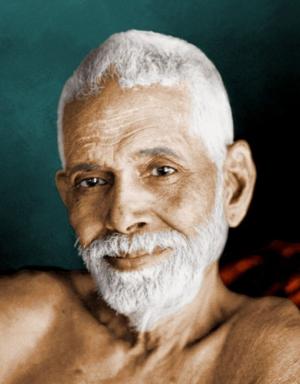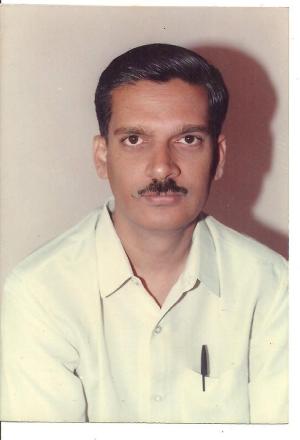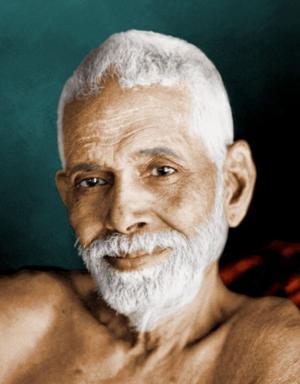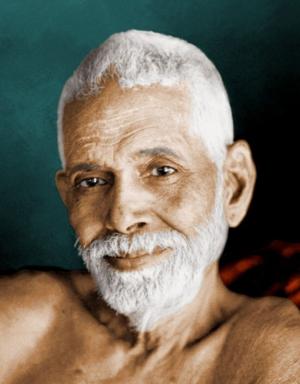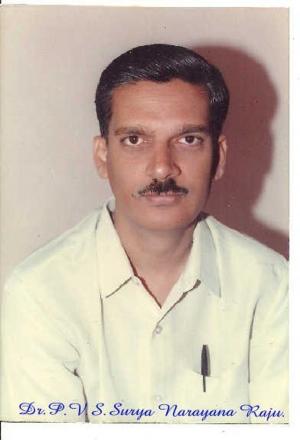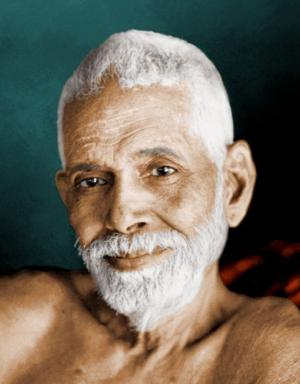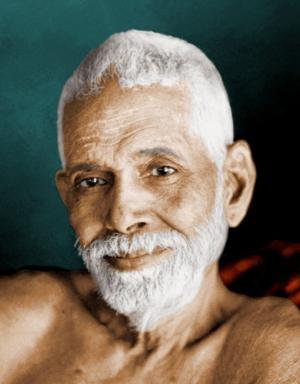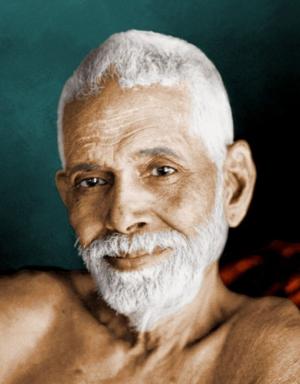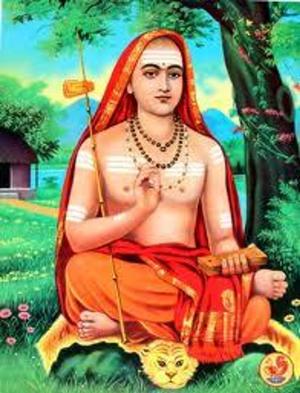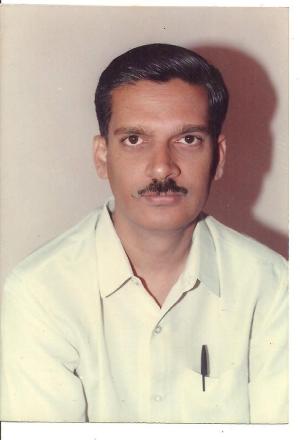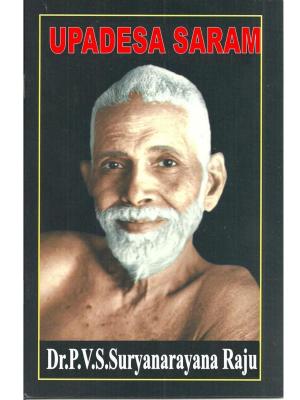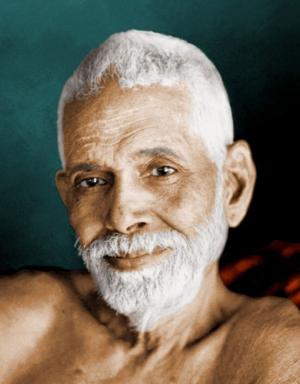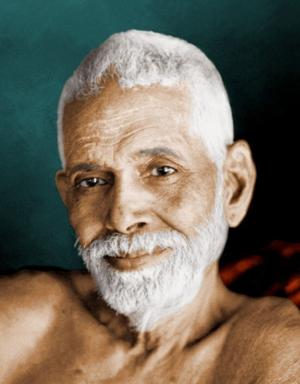The theory and practice of self-inquiry.
Nonfiction, Religion & Spirituality, Inspiration & Meditation, Spirituality| Author: | P.V.S. Suryanarayana Raju | ISBN: | 9781466071353 |
| Publisher: | P.V.S. Suryanarayana Raju | Publication: | January 22, 2012 |
| Imprint: | Smashwords Edition | Language: | English |
| Author: | P.V.S. Suryanarayana Raju |
| ISBN: | 9781466071353 |
| Publisher: | P.V.S. Suryanarayana Raju |
| Publication: | January 22, 2012 |
| Imprint: | Smashwords Edition |
| Language: | English |
We are all conscious beings identified with the body-mind complex which is a product of time, of craving, of becoming. When we are dissociated with the body mind complex in deep sleep we are enjoying the tranquility, peace, bliss, joy of our being. So the peace of our being is not the result of any effort or discipline. On the contrary when the thought subsides whatever is the cause there is the experiencing of joy. To enjoy that bliss in the waking mode of mind is the aim of all spiritual disciplines. But unfortunately all spiritual disciplines are based on thought and bliss is never the result of effort of thought. Once when the author went to darshan of a saint his completely subsided in the “presence” of saint. Then he understood for the first time that we can “be” in the absence of thoughts. He is more alive and joyful in that thought-free state of “being”. He is very joyful for a couple of weeks due to that effect but later thought dominated as usual though his understanding of “ being” is radically changed. By birth all beings including the human beings are dependent on the outer for food, shelter, clothing on the outer. We have to acquire them by effort. So physical survival depends on this acquisitive effort of thought. Because of lack of Self knowledge every being without exception searches for happiness in the outer using thought. Then pleasure is happiness. Pleasure means sensation, trying to achieve something through the body which is not possible to achieve through the body, forcing the body to achieve something it is not capable of. People are trying, in every possible way, to achieve happiness through the body. The body can give you only momentary pleasures, and each pleasure is balanced by pain in the same amount, in the same degree. Each pleasure is followed by its opposite because body exists in the world of duality, just as the day is followed by night and death is followed by life and life is followed by death. It is a vicious circle. Your pleasure will be followed by pain; your pain will be followed by pleasure.
Buddha calls this the wheel of birth and death. We go on moving in this wheel, clinging to the wheel... and the wheel moves on. Sometimes pleasure comes up and sometimes pain comes up, but we are crushed between these two rocks.
This moment is all. Now is the only time and here is the only space. And then suddenly the whole sky drops into you. This is bliss. This is REAL happiness.
The essence of religiosity is witnessing in passive state of being, it is not thinking, it is not an effort.We innocently observe the activity of little self in self-inquiry.
We are all conscious beings identified with the body-mind complex which is a product of time, of craving, of becoming. When we are dissociated with the body mind complex in deep sleep we are enjoying the tranquility, peace, bliss, joy of our being. So the peace of our being is not the result of any effort or discipline. On the contrary when the thought subsides whatever is the cause there is the experiencing of joy. To enjoy that bliss in the waking mode of mind is the aim of all spiritual disciplines. But unfortunately all spiritual disciplines are based on thought and bliss is never the result of effort of thought. Once when the author went to darshan of a saint his completely subsided in the “presence” of saint. Then he understood for the first time that we can “be” in the absence of thoughts. He is more alive and joyful in that thought-free state of “being”. He is very joyful for a couple of weeks due to that effect but later thought dominated as usual though his understanding of “ being” is radically changed. By birth all beings including the human beings are dependent on the outer for food, shelter, clothing on the outer. We have to acquire them by effort. So physical survival depends on this acquisitive effort of thought. Because of lack of Self knowledge every being without exception searches for happiness in the outer using thought. Then pleasure is happiness. Pleasure means sensation, trying to achieve something through the body which is not possible to achieve through the body, forcing the body to achieve something it is not capable of. People are trying, in every possible way, to achieve happiness through the body. The body can give you only momentary pleasures, and each pleasure is balanced by pain in the same amount, in the same degree. Each pleasure is followed by its opposite because body exists in the world of duality, just as the day is followed by night and death is followed by life and life is followed by death. It is a vicious circle. Your pleasure will be followed by pain; your pain will be followed by pleasure.
Buddha calls this the wheel of birth and death. We go on moving in this wheel, clinging to the wheel... and the wheel moves on. Sometimes pleasure comes up and sometimes pain comes up, but we are crushed between these two rocks.
This moment is all. Now is the only time and here is the only space. And then suddenly the whole sky drops into you. This is bliss. This is REAL happiness.
The essence of religiosity is witnessing in passive state of being, it is not thinking, it is not an effort.We innocently observe the activity of little self in self-inquiry.

